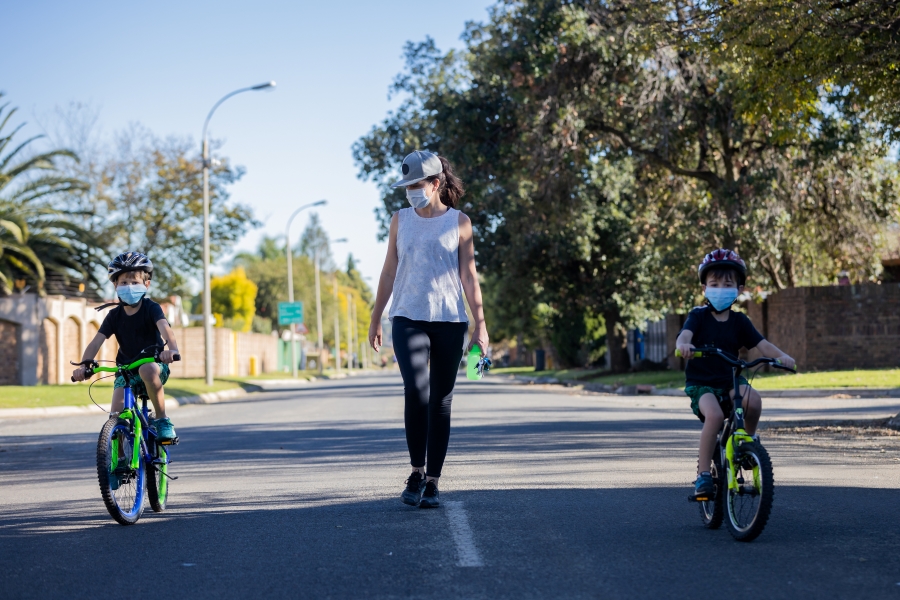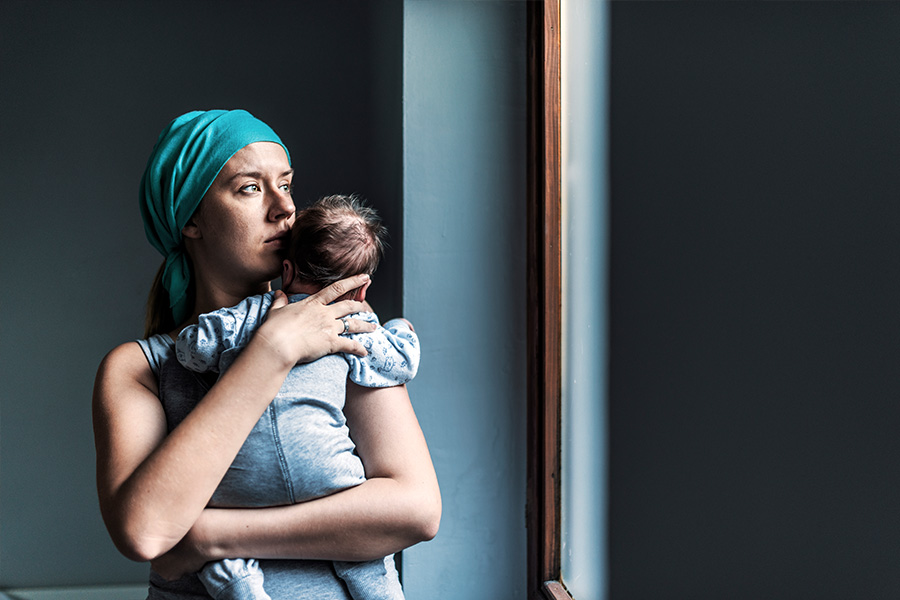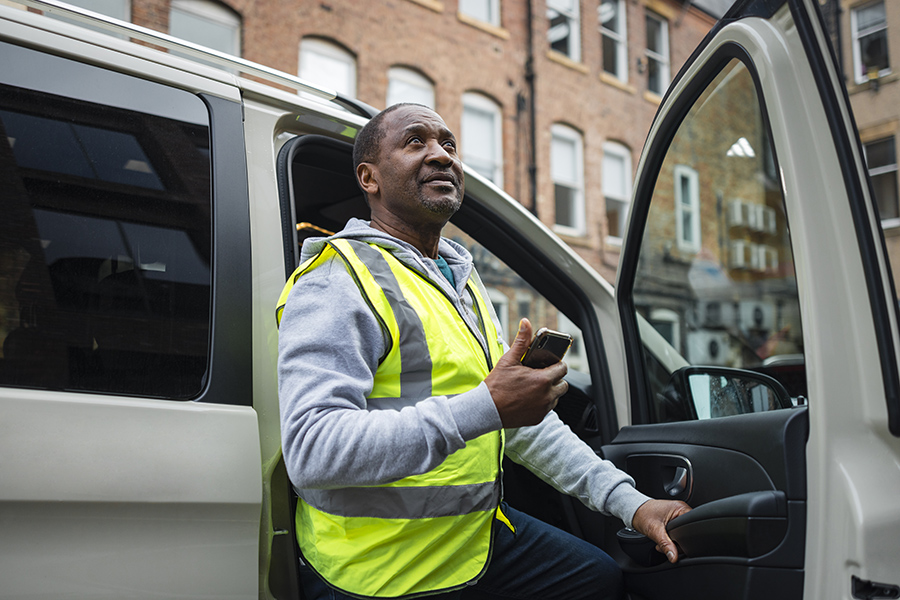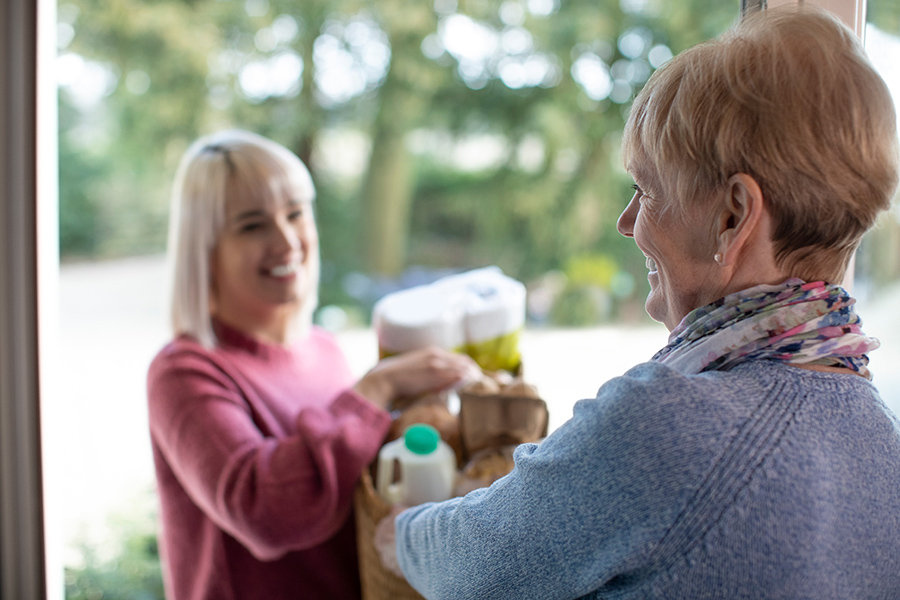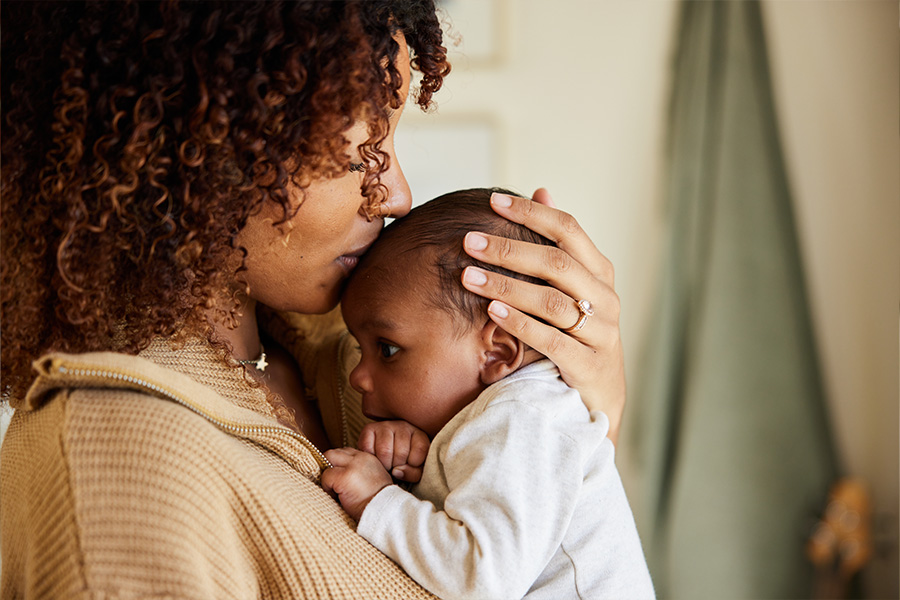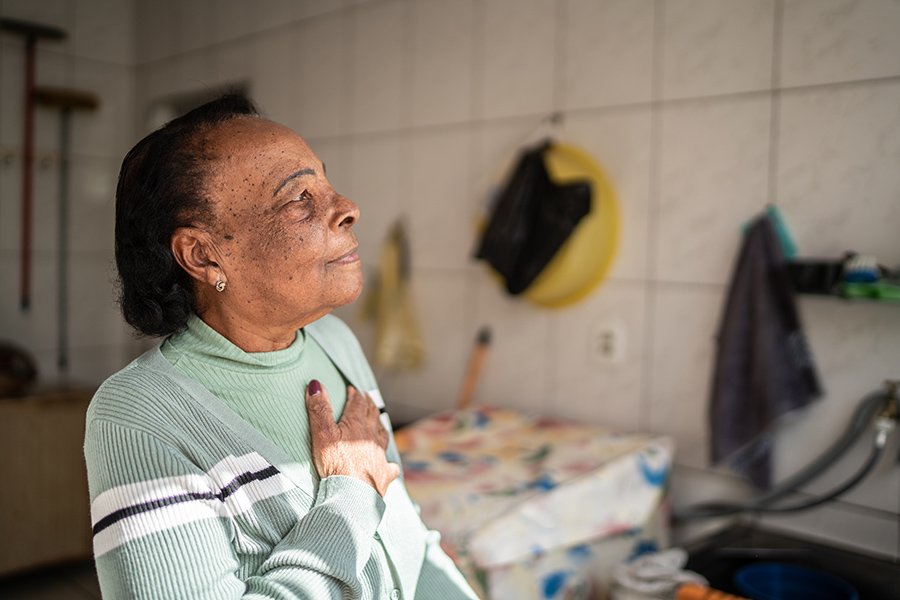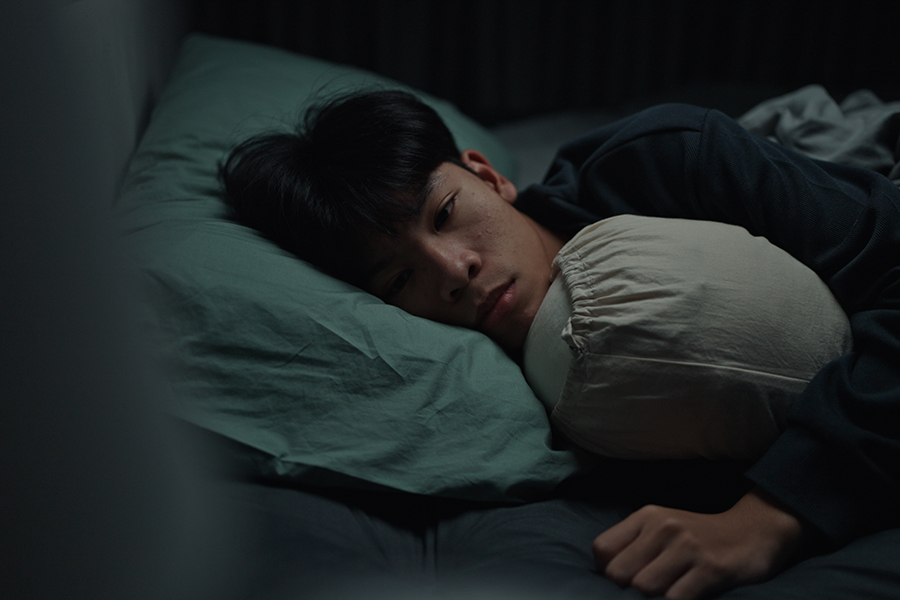Social and behavioral skills are essential for lifelong success but children with special needs often struggle with these skills. Group programs for children and teens can help them build necessary skills to make friends, find jobs and integrate into society. Look for a social skills program for children with special needs that incorporates the following characteristics:
1. Backed by Research
The best social skills programs have been shown to be helpful for a certain type of child. Ask if the program’s methods have been tested on children with the same special needs condition that your child has.
2. Small Group
More than a few students in a class can make it difficult for each child to get the most out of the training. Ten or less participants per class is a good number for most programs.
3. Custom Fit
The social skills program should attempt to tailor its methods to your child’s age group, learning style, strengths and weaknesses.
4. Reproducible Results
What happens in social skills program training should transfer to your child’s everyday life. He should be able to use the skills at home, school and other areas.
5. Role Playing
Practice, practice, practice is especially important here. The social skills program should include one-on-one and group sessions in the classroom setting led by a trained instructor.
6. Homework
You and your child will benefit from applying skills provided in the program to everyday settings, such as home and school. For homework assignments to be effective, they should be agreed upon by you and the program instructors.
7. Involves Important People
Parents, caregivers and teachers are all part of making social skills training successful, especially for younger children. A successful program should use strategies that involve the important people in your child’s life.
8. Constructive Feedback
Find out what type of evaluation and feedback the social skills program will provide for your child. You should have a clear idea of how your child is doing in the program.
9. Rewards
Your child should be recognized for participating in the program and completing it. Will a graduation ceremony be offered at the end of the program?
10. Resources and Support
Does the program offer additional support or follow-up after completion? Ask about books or apps to enable your child to continue to practice the skills learned in therapy.
Reference: The Program for the Education and Enrichment of Relational Skills (PEERS®)
For more Resources and Support:
Join our online support group, The Daily Feed Family Support Network
Like our Facebook Community, GROW with Shield HealthCare
View our recorded webinar, “Social Skills Strategies for Children with Special Needs” webinar, presented by Dr. Aarti Nair, Ph.D. of the UCLA PEERS® Clinic.






